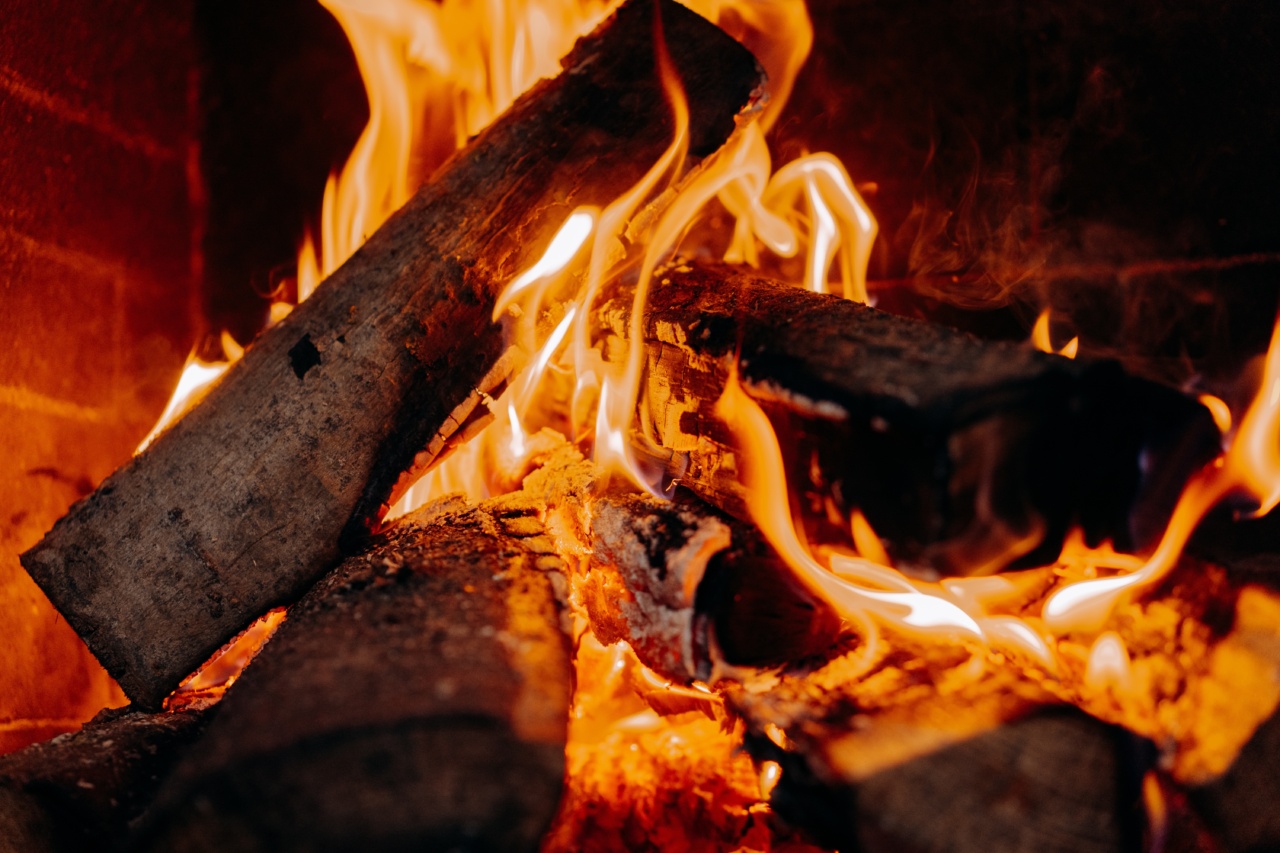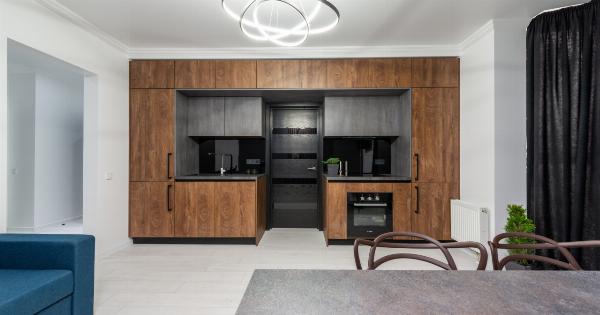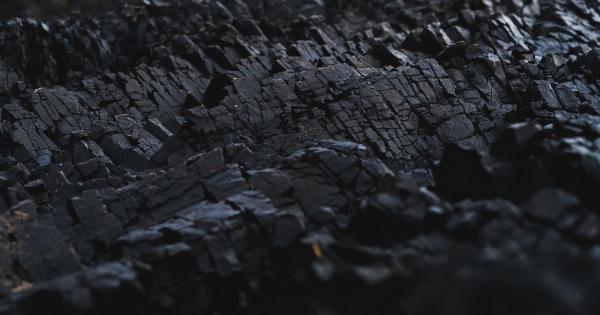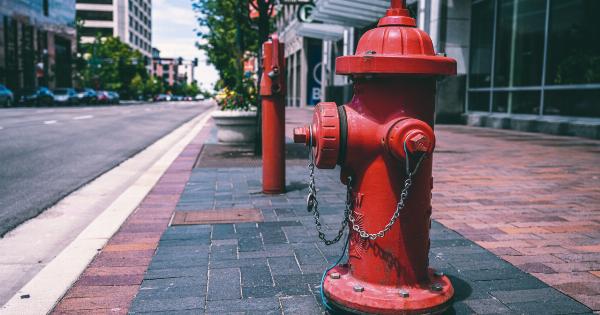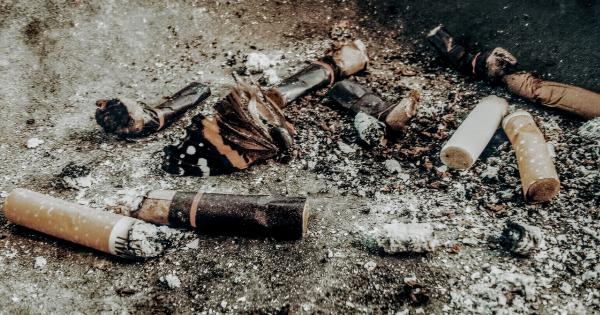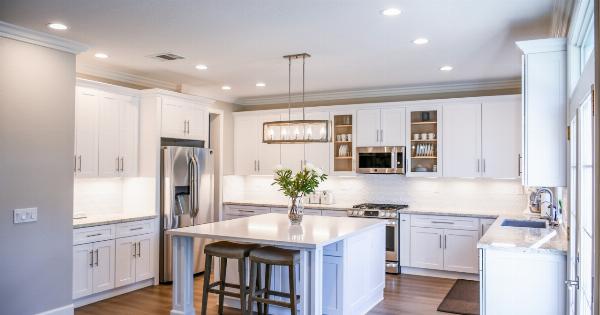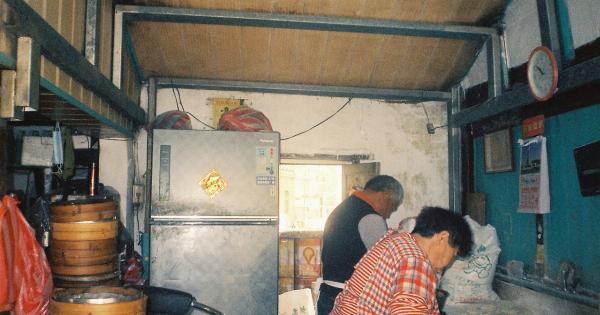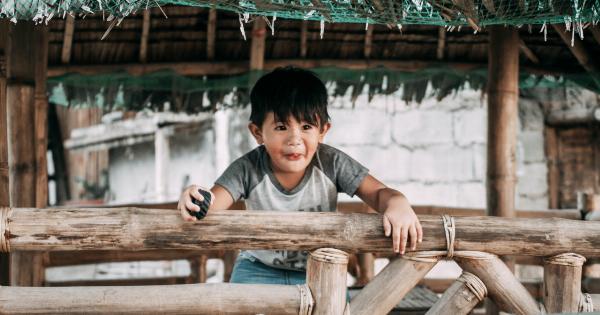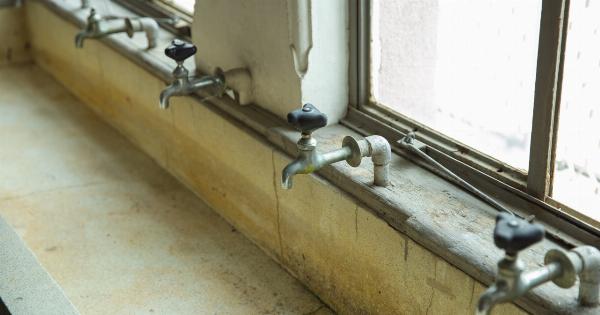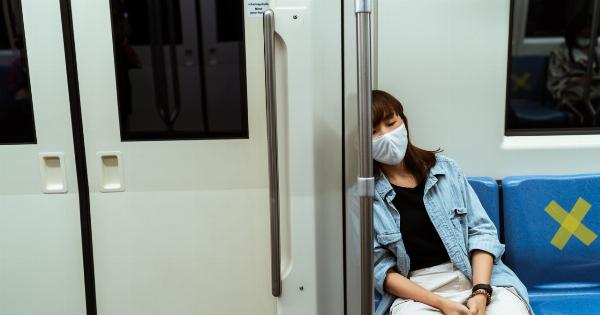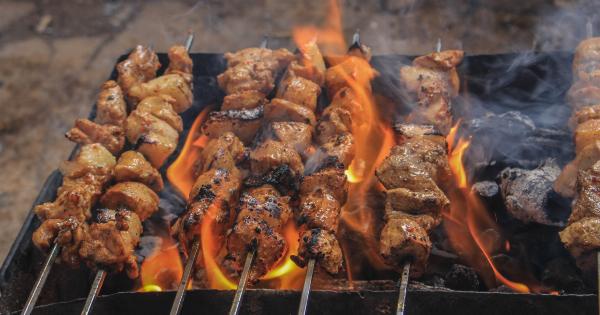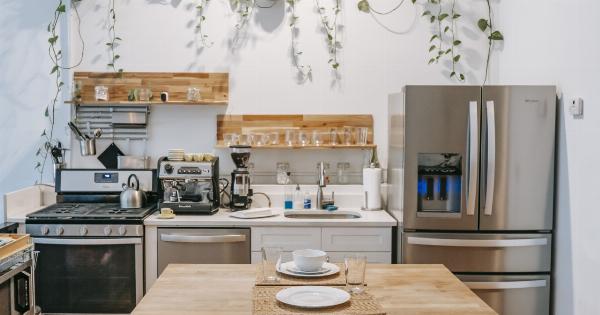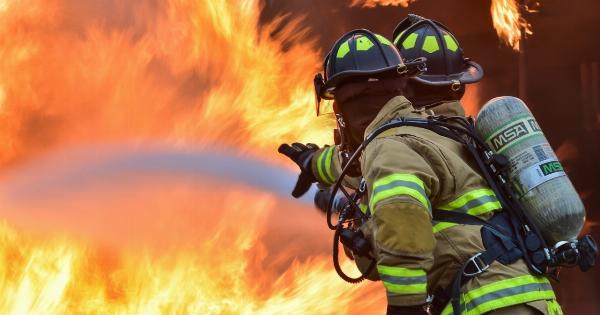Heating systems are essential, especially during the winter season, to keep your home warm and comfortable. However, they can also pose various dangers if not properly maintained or used.
Understanding these common heating hazards and implementing the necessary precautions can help prevent accidents and ensure the safety of your household. In this article, we will explore some of the most common heating dangers and provide tips on how to avoid them.
1. Carbon Monoxide Poisoning
Carbon monoxide (CO) is a colorless, odorless, and tasteless gas that can be produced by various heating systems. Inhaling high levels of carbon monoxide can be life-threatening. To prevent carbon monoxide poisoning:.
- Install carbon monoxide detectors on each floor of your home, especially near bedrooms.
- Have your heating system and chimney inspected annually by a professional to ensure proper ventilation.
- Avoid using gas-powered appliances, such as ovens or grills, to heat your home.
- Never leave your vehicle running inside an attached garage.
- If you suspect carbon monoxide poisoning (symptoms include headache, dizziness, nausea, and confusion), evacuate the area immediately and seek medical attention.
2. Fire Hazards
Heating systems can be a potential fire hazard if not used correctly or if there is a malfunction. To minimize the risk of fires:.
- Clean or replace furnace filters regularly to prevent the build-up of dust and debris.
- Keep flammable materials, such as curtains, furniture, and clothing, away from heating sources.
- Ensure proper ventilation for space heaters and avoid using them while sleeping or when leaving the room.
- Never use an oven or stovetop to heat your home.
- Replace damaged or frayed electrical cords and wires.
- Do not overload electrical outlets and use surge protectors when necessary.
- Have a professional inspect your heating system annually to identify and fix any potential fire hazards.
3. Burns and Scalds
Heating equipment, such as radiators and space heaters, can get extremely hot and cause burns or scalds. Follow these precautions to prevent burns:.
- Keep children and pets away from heating sources, especially when unsupervised.
- Use appropriate safety guards or screens to cover heating elements.
- Never touch a radiator or space heater with bare hands.
- Avoid placing flammable materials or liquids near heating equipment.
- Teach children about the dangers of hot surfaces and establish safety rules regarding heaters.
4. Electrical Malfunctions
Faulty electrical systems or equipment can lead to fires and other hazards. Consider the following precautions to prevent electrical malfunctions:.
- Have a professional electrician inspect your home’s electrical system regularly.
- Replace damaged or frayed electrical cords and wires.
- Do not use extension cords as a permanent solution.
- Avoid overloading electrical outlets and use surge protectors when necessary.
- Unplug portable heaters when not in use.
5. Explosions
Gas-powered heating systems can be at risk of explosions if there are leaks or malfunctions. To avoid explosions:.
- Install a gas detector that alerts you to any leaks.
- Ensure proper ventilation in the area where the heating system is installed.
- If you smell gas, leave the area immediately and contact the gas company.
- Follow the manufacturer’s instructions for the safe operation and maintenance of your heating system.
- Have a professional inspect your gas-powered heating system annually.
6. Water Damage
Poorly maintained or malfunctioning heating systems can cause water damage. To prevent water damage:.
- Regularly inspect your heating system for any signs of leaks or water accumulation.
- Ensure proper drainage for condensation from HVAC systems.
- Have a professional inspect and clean your HVAC system’s condensate drain line.
- Clear any debris or obstructions around HVAC outdoor units to prevent water build-up.
7. Overheating
Overheating can damage heating equipment and increase the risk of fires. Take the following precautions to prevent overheating:.
- Ensure proper airflow around heating equipment by keeping vents and registers clear of obstructions.
- Do not block baseboard heaters with curtains or furniture.
- Follow the manufacturer’s recommendations for temperature settings.
- Do not leave space heaters unattended and always turn them off before leaving the room or going to sleep.
- Consider investing in newer heating systems with built-in safety features to prevent overheating.
8. Trips and Falls
Heating equipment, such as space heaters or radiators, can be a tripping hazard if not properly placed or secured. To avoid trips and falls:.
- Keep heating equipment away from walkways and high-traffic areas.
- Ensure cords or wires are not in the way and properly secured.
- Avoid placing heaters on unstable surfaces.
- Use cord covers or tape to secure cords against the floor or walls.
- Provide proper lighting in the area to avoid accidents.
9. Proper Maintenance
Regular maintenance of your heating system is crucial to ensure its safe and efficient operation. Here are some maintenance tips:.
- Follow the manufacturer’s instructions for cleaning and maintenance.
- Replace air filters regularly to maintain proper airflow.
- Clean vents and ducts to prevent dust build-up.
- Have a professional inspect and service your heating system annually.
- Keep the area around the heating system clean and free from any flammable materials.
10. Educate Your Household
Ensure that everyone in your household is aware of the potential heating dangers and how to react in case of emergencies. Educate your family members, especially children, about the following:.
- Never tamper with heating equipment or play near it.
- How to recognize the signs of carbon monoxide poisoning.
- Fire safety measures, such as the use of fire extinguishers and evacuation plans.
- How to safely use space heaters, radiators, and other heating devices.
- Emergency contact numbers for gas companies, fire departments, and medical services.
By following these precautions and tips, you can significantly reduce the risk of heating-related accidents and ensure the safety of your household during the colder months.
Prioritizing regular maintenance, staying vigilant, and educating your family are key to preventing common heating dangers.
